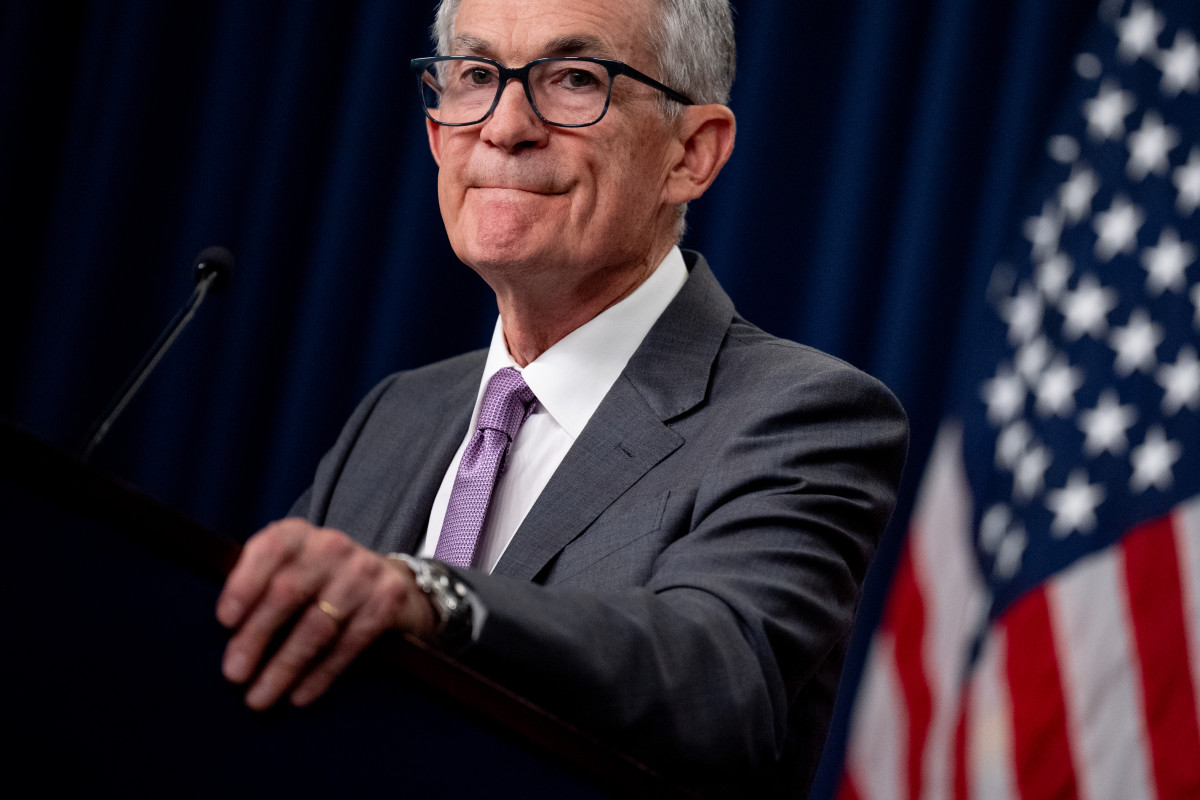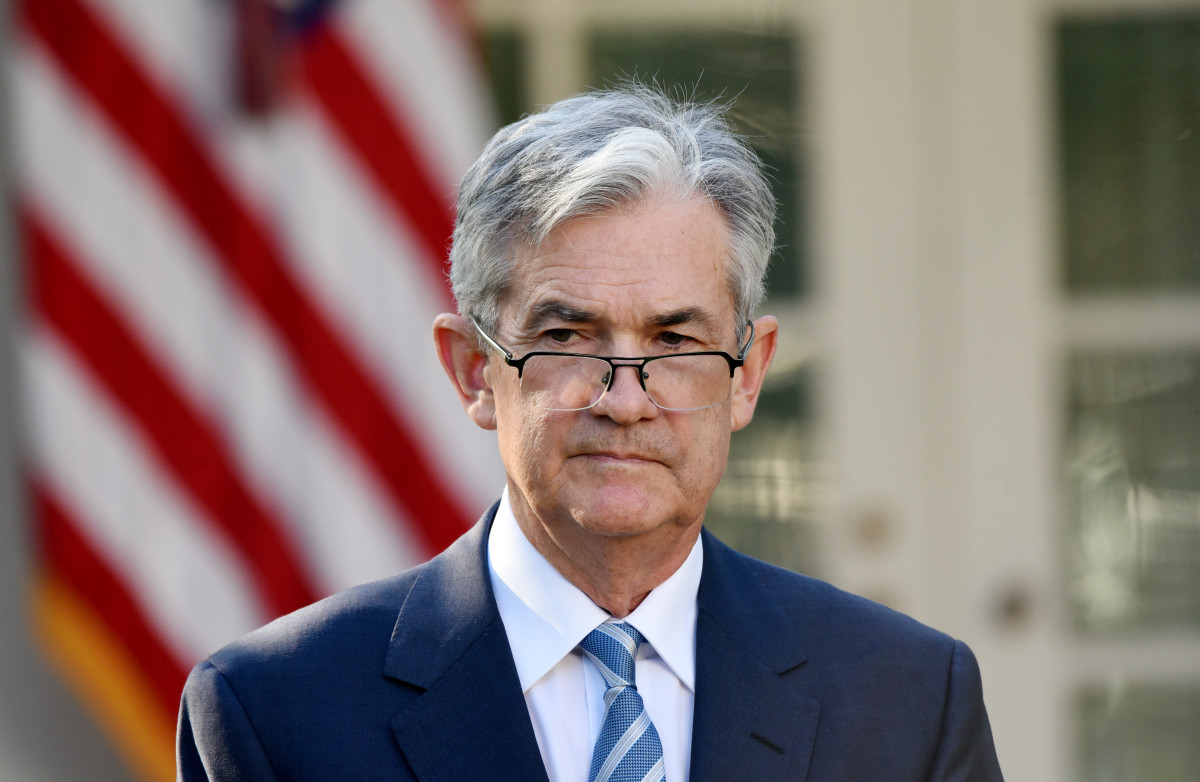Trump election victory could put Fed interest rate cuts at risk
The Fed, and markets, may need to revisit their rate-cut forecasts.

The Federal Reserve faces a starkly different outlook for growth and inflation now that former President Donald Trump has secured his return to the White House, simplest this time with the likely make stronger of both houses of Congress for his tax, spending and tariff plans.
The Fed, which kicks off its two-day policy meeting later as of late in Washington, has committed to lowering the cost of borrowing through its benchmark Federal Funds Rate, now that inflation pressures have peaked and the job market is showing signs of weakness heading into the final months of the year.
Following the Fed's outsized half of-point rate cut in September, the first in greater than a year, investors have effectively locked in the possibilities of 1 / 4-point reduction on Thursday, a move that might lower the Federal Funds Rate to between four.25% and four.5%.
Nonetheless, traders are also paring bets on what the Fed would maybe do at its final meeting in December, when it'll publish fresh growth and inflation forecasts has to be, not lower than partly, influenced by Republican policies in the upcoming 119th Congress.
CME Group's FedWatch tool now suggests a 70% chance of a December rate cut, down from Eighty% last month, and is pricing in a slower percent of reductions in the first quarter of 2025. Olivier Douliery/Bloomberg via Getty Images
Trump has vowed to impose significant tariffs on imported goods as a bit of his overall economic agenda, a strategy he insists will add billions in revenue for the Treasury while offsetting the impact of the raft of tax cuts he has promised right through the campaign.
He's also pledged to herald Elon Musk as a bit of an as-yet-undefined "efficiency commission" that the Tesla CEO says may maybe carve as a extremely good deal as $2 trillion from the subsequent federal budget.
New inflation concerns after the U.S. vote
The collective impact of those policies, of course, is vulnerable to have significant implications for U.S. growth prospects and is vulnerable to stoke renewed inflation pressures on this planet's biggest economy.
That concern is without a doubt being played out in the bond market, where benchmark 10-year Treasury note yields hit the highest levels since early July, and were last trading hands at four.forty five%, following last night's vote.
The U.S. dollar index, meanwhile, became marked 1.four% higher against a basket of its global peers to trade at a fresh four-month peak of 104.847.
Samuel Tombs, chief U.S. economist at Pantheon Macroeconomics, says that even a modest 10% tariff on imports would likely boost the Fed's preferred inflation gauge, the core PCE price index, by around zero.eight percentage point.
Related: Having a bet on interest rate cuts might be trickier in 2025
The tariff plan may also hold down gains for U.S. manufacturers, caused by retaliatory levies from other countries, while adding downward pressure to the inflation-adjusted after-tax incomes of American households.
"At some point of the past, the Fed has looked through adverse supply shocks, but with core PCE inflation now not going to come again to the 2% target and households’ medium-term inflation expectations still above target-consistent rates, it'll should change course this time," Tombs argued.
"That said, October’s jobs report shows that the trend in payroll growth has continued to weaken, and a extremely good deal of the Trump agenda, including migration curbs, threaten to depress trend GDP growth and in the reduction of the medium-term neutral interest rate."
Don't fail to keep in mind the debt in a Trump administration
That puts the Fed in an exceedingly difficult spot: combating the impact of all without delay rising inflation while attempting to make it imaginable for the 2d side of its dual mandate, full employment, is challenged by weakening growth.
"The industrial impact of this new Trump presidency is vulnerable to be volatile," said Lindsay James, investment strategist at Quilter Investors in London.
Related: Legendary hedge fund manager sounds alarm on US debt (Here's why he's wrong)
"While he, and others that surround him akin to Elon Musk, cut the scale of the state, public spending is vulnerable to remain very high and taxes kept low," she added. "A wonderful deal of his measures might be inflationary and vulnerable to induce a upward thrust in bond yields, putting pressure on the Fed in its quest to bring rates of interest down."
More Economic Analysis:
- Jobs report shocker puts Fed interest-rate cut in play
- Fed inflation report renews pressures, tests interest rate bets
- Fed interest rate decision and election may roil stocks
Bryce Doty, senior vp and portfolio manager at Take a seat Investments, thinks there should be a 1/3 reason that bond markets are reacting to the decisive Trump win, and the way that might complicate the Fed's overall task.
Current projections suggest the national debt will top a record $36 trillion in the coming weeks, a move that marks a near $10 trillion upward thrust right through the last four years.
"The rising national debt puts the Fed in a pickle," he said. "Should they bring down rates of interest to save the usa money or keep rates higher than usual to are trying and offset the inflationary impact from massive government spending?"
"I predict Fed policy to are trying and in finding a middle ground and simplest cut 1 / 4 point both on the meeting this week to boot as after they meet in December," he added.
Related: Veteran fund manager sees world of pain coming for stocks
What's Your Reaction?




















































